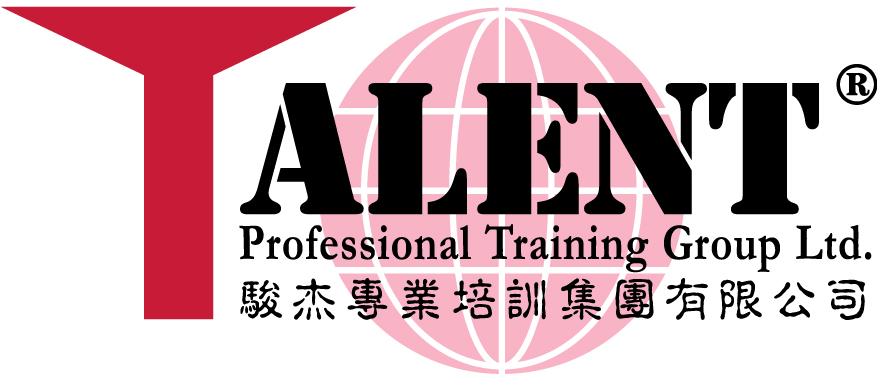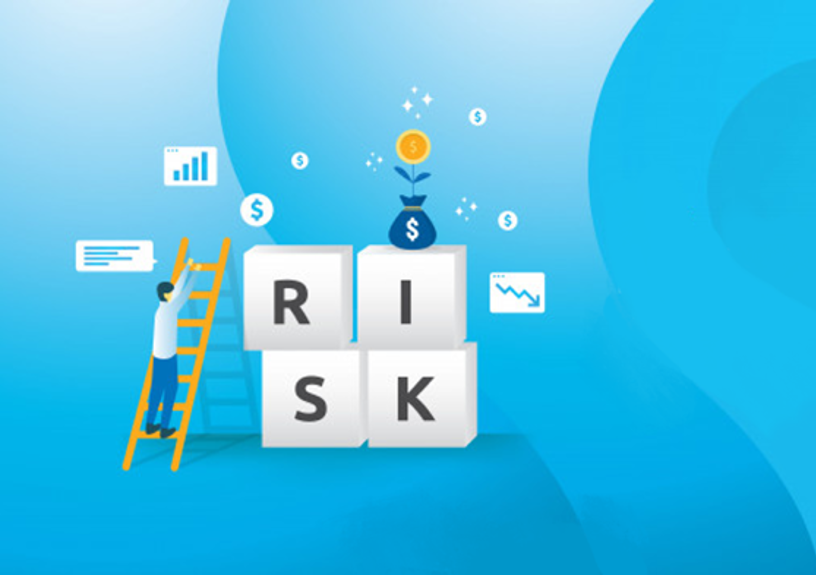Risk Management
- Effectively managing risk for better decision making
Risk Planning begins with the recognition that risk management and its associated components is integral to the cost of operations. Emphasis has shifted, over the years, from "disaster recovery" to "business (or service) resumption." The need for an efficient, thorough and effective plan to resume information resources services has increased in importance commensurate with increased user involvement and dependence upon automation to perform even the most rudimentary tasks.
Objectives of Risk Management:
- Appreciate the value of risk management
- Understand the different elements that comprise risk and crisis
- Acquire a framework of how risk can be managed effectively
- Be able to apply various techniques in coping with risks
Sample Outline of Risk Management:
-
What is Risk Management
- Understanding the concept of risks
- Types of risks
- Modern approach to risk management
-
Elements of Risk Management
- The 4Rs of coping with risk
- The Planning Process of Risk Management
- Setting objectives and strategies of risk management
-
Evaluation and Prevention of Risk Situations
- Auditing of risk factors in organization
- Establish risk preventive policies
- Creating risk management manual and conduct training
-
Handling Crisis Communication
- What emergency situation arises
- External and Internal Communication Systems
- Coordination of Spokesman and Top Management
-
Managing Crisis EQ
- Understanding the emotional change in crisis situations
- Aware of emotional weaknesses
- Coping with emergency with high EQ
Contact Talent Professional today for your best suited Risk Management solution to acquire knowledge and skills to effectively manage risks for better decision making on minimizing the negative effects and costs to business operations!
Remarks: Program objectives and outlines are for reference only; programs would be tailor-made with clients' specific requirements.



